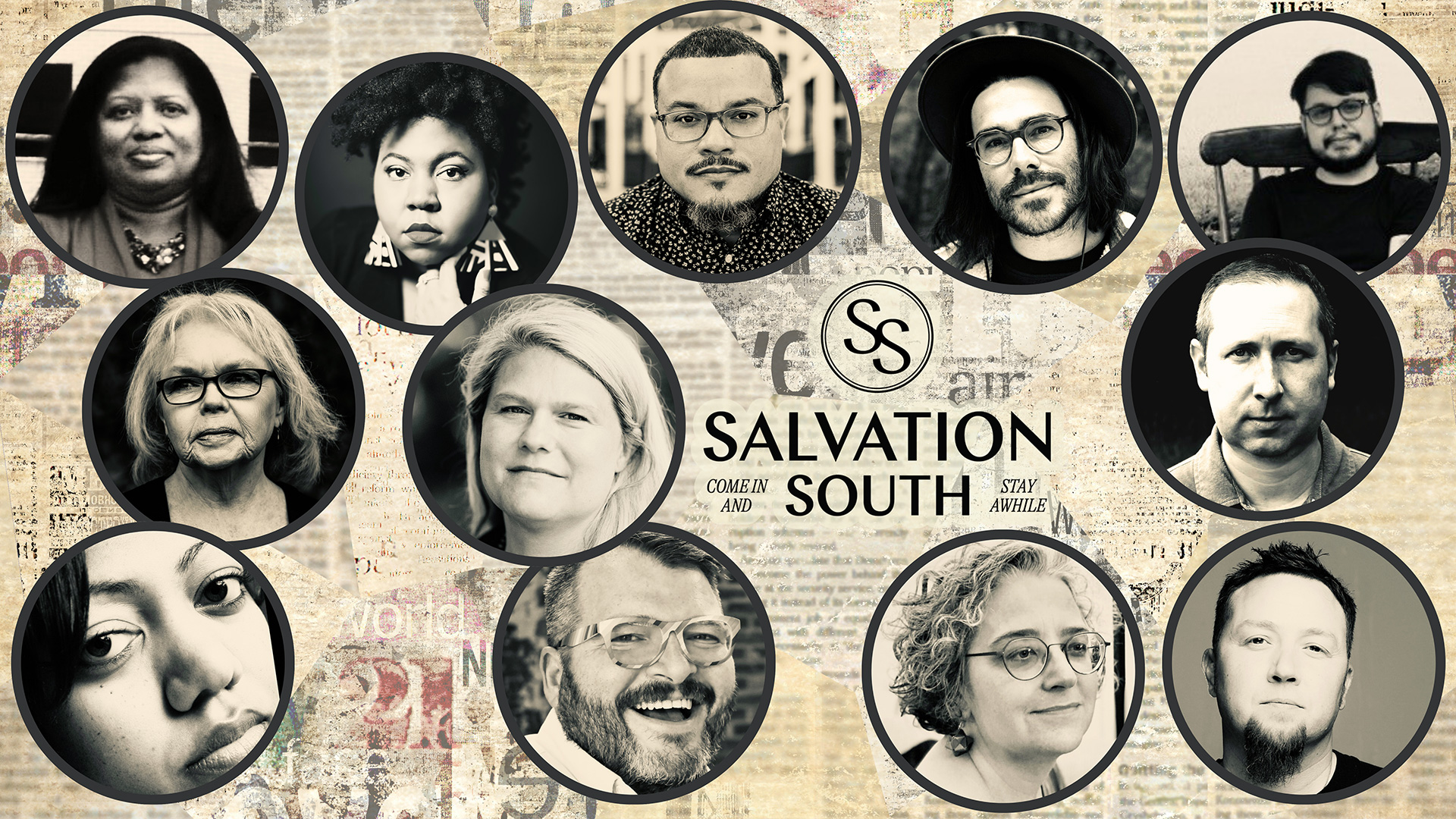
We Are a Choir
The South’s greatest poets assemble to sing the truths of our region for National Poetry Month.
Poets in header illustration, clockwise from top left: Jacqueline Allen Trimble, Ashley M. Jones, Junious Ward, Matthew Wimberley, C.T. Salazar, Denton Loving, Ray McManus, Emma Aprile, Willie Edward Taylor Carver Jr., Melanie Henderson, Marianne Worthington, and Annie Woodford (photo-illustration by Stacy Reece).
I honestly did not expect that thirteen months after my first submission to Salvation South, I’d be its poetry editor. But that’s what happened.
After the publication of my poem “Home Cooking” I volunteered to read and comment on general submissions. Then I asked our co-founder and editor-in-chief, Chuck Reece, if I might solicit work from poets around the South. He gave me the green light.
Then he gave me this job.
So, with some help from Marianne Worthington—the Kentucky poet whose 2021 book The Girl Singer won praise from outlets as lofty as The New York Times—I invited a couple dozen poets to submit, with no promises other than attentive, open reading.
The response—a flood of distinctly Southern work from poets all over our region—stunned us. I think my first invitations must have sparked some old-fashioned word of mouth. That helped light the fire, but it took several dozen poets to tend that fire with their work.
From there, poetry in Salvation South exploded. Last summer was crazy. Good work just streaming in—some from those I’d invited, but the vast majority unsolicited. Today, the queue of poetry waiting for publication is six months long. It makes me think of my dad in the summer, picking and giving away “deluctable” tomatoes from his Martinsville garden, which produces more than he knows what to do with.
The poets you’ll see from now through April, as we celebrate National Poetry Month, come here because, in Salvation South, they see themselves. There is no such thing as a stranger when you honor a wide mix of voices. That’s what Chuck and Stacy Reece founded this magazine to do, and I’m happy to bring in the voices of those who say things that only poets can.
Yes, it is the job of an editor to say “no” quite often. But what lights me up is saying, “Yes.” Affirmation. Cultivation.
Part of that yes is an intent to broaden and deepen the big choir that we are. I want to assure a variety of voices, a continuous river of poetry for readers to swim in. I believe the best poetry has an aesthetic energy and a social function. I believe in the magic of many, the awe of all. If I can help build something like that, voice by voice, and make it public, I’m a happy dude.
Yes, it is the job of an editor to say “no” quite often. But what lights me up is saying, “Yes.” Affirmation. Cultivation. Part of that yes is an intent to broaden and deepen the big choir that we are.
And I am happy here, doing this each week—especially so this April as we celebrate National Poetry Month. We have five weeks of poetry, interviews with poets, and other work by poets. We will feature poets from across the South: Jacqueline Allen Trimble and Ashley M. Jones from Alabama, Willie James Taylor Carver Jr. and Marianne Worthington from Kentucky, C.T. Salazar from Mississippi, Junious Ward from North Carolina, Denton Loving from Tennessee, and Annie Woodford from Virginia. With those features, you’ll see a brief introduction to them and their work, some of their poems, and then an interview.
One issue those interviews cover is poetry’s role in understanding the South’s past, recognizing its present, and influencing its future. These are vital conversations for anyone interested in the galaxy of truths that Southern poetry explores.
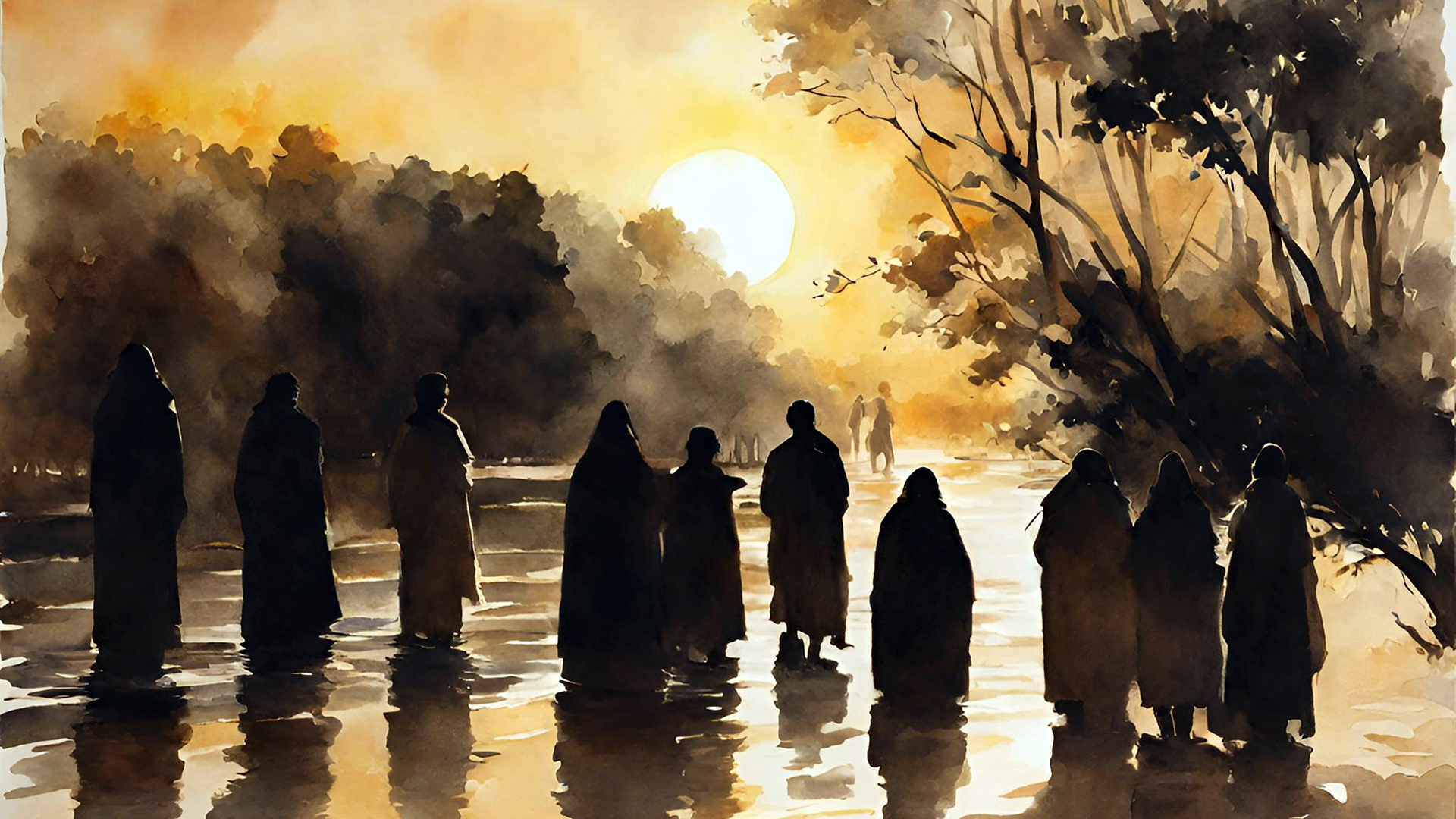
When I volunteered to get involved here, I was just looking for another way to be active within the arts, and to do so for a publication I admired. I figured I’d make my comments on submissions, Chuck and Stacy would do their thing(s), and that would be that.
But in one of our earliest conversations, Chuck said to me, “Hey, you’re family now.”
That affirmation has proven true. Along with Chuck and Stacy, I’m in touch with Southern writers living in a dozen states, and I feel more plugged in and professionally charged up than I have in a long time. I’ve been writing and publishing for over thirty years, and I don’t think I have ever had such positive, warm, grateful relationships between writers, readers, and editors. Don’t get me wrong: I have experienced all of those before Salvation South, but I swear: something extra-special is happening here.
Salvation South has become a refuge for Southern storytellers of all types, and in the last year, poetry has been the genre that has seen the biggest increase in submissions. I like to think we’re doing something unique for Southern poetry as well as poetry writ large, but either way our work resonates. One of the steady joys of my nowadays has become the Salvation South-related email, the social media comment, the sharing, the back-and-forths with poets about their work, popping the hood, finding common ground but giving each other space. There’s a warmth and willingness I don’t think I have ever experienced so steadily. It’s like people are ready to open up, to speak out, to hone in, to get down. Just turn the key, and the engine’s already warm.
With this gig, the people coming at us want to be a part of it, and I get to see the fruits of my labor at the end of each week with each new issue. I’m lucky to be a high school English teacher, but neither one of those qualities is the norm at a school: the kids have to be there, most are not intrinsically motivated to read or write stories, and the results of one’s teaching are often blurry. (“How well did X work?” is a slipperier question than you might think.) Here, poets want me to listen to them, they’re willing to listen back, and Chuck and Stacy make sure, every weekend, that we all have something to show for that mutual listening. In my professional life, I’ve never had so clearly and consistently the feeling that I’m contributing to important work.
Students bring me out of myself, they bring more out of me, and I will go to my grave believing it’s done some good. But man, I know it here.
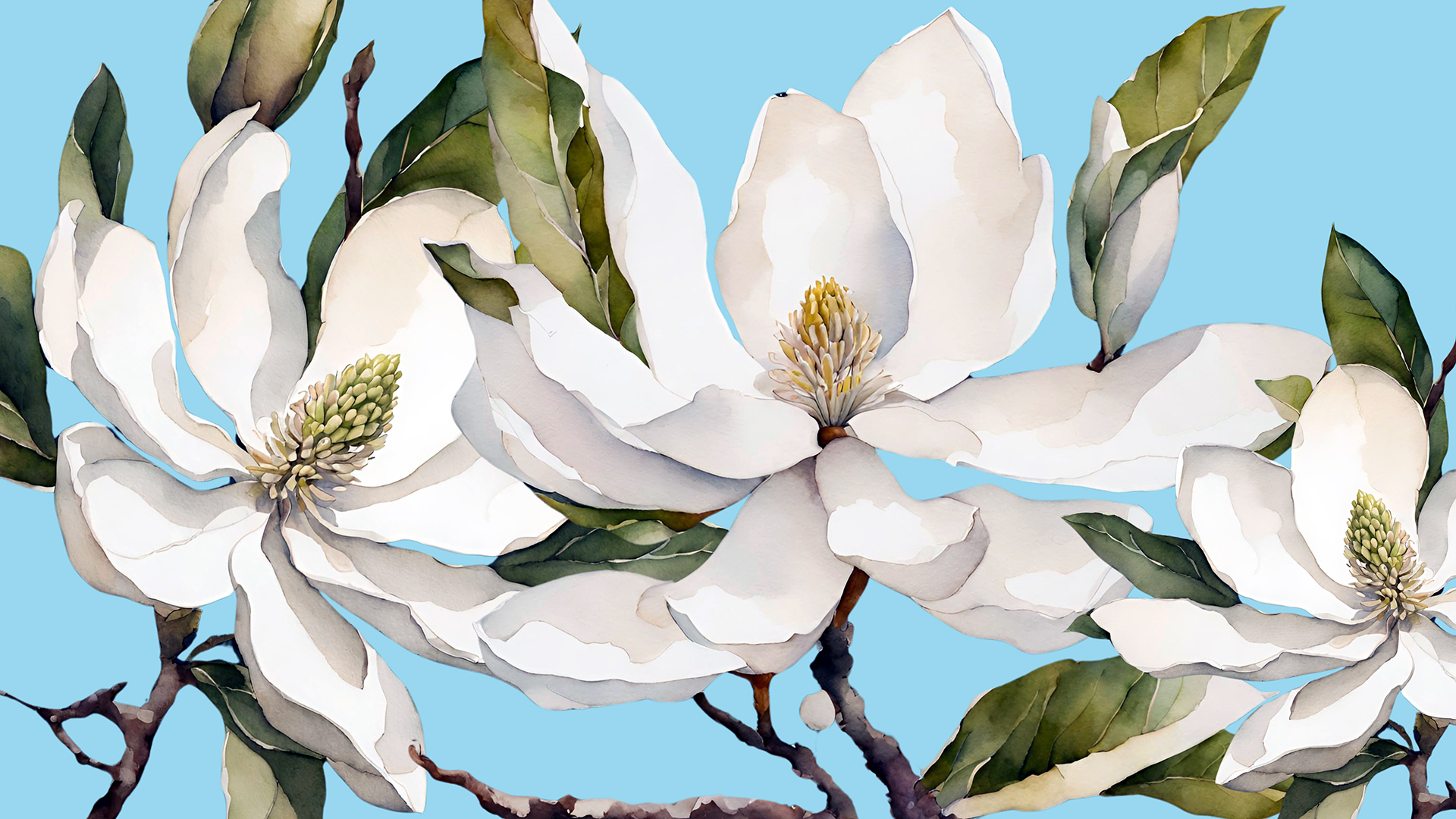
None of this would be happening if there weren’t Southern poets out there who tend the special language of poetry, which, at its best, can say more than saying can, through a mix of suggestion and sprawl, music and mayhem, torch and tenderness. Poetry can challenge readers, but that respects readers, maybe even expects something from them. I like to think that poets are particularly interested in the complexities of the truth. They rise above the one-sided binary ways of thinking that suffuse so much of our culture these days. My favorite poetry does not merely comfort, entertain, pass the time. It does not make everything easy; it pushes me, provokes me, makes me pivot, makes me see what I’ve only been looking at, listen to what I’ve only heard. It exposes, and it asks me to engage.
Last April, Annie Woodford opened National Poetry Month for us with these words: “In the South, poetry is a form of survival. It is poetry despite. It comes from the mouths of poor people first and foremost. It is always elegy, always the haunted land, taken from native people, shaped by enslaved people. It is the bent note, the blue note, the legacy of lives erased from the official record.”
The American South has long been the object of ridicule, the subject of caricature, the target of dismissal, the sinner upon whom the rest of the country piles and projects its sins. I live in upstate New York now (and sometimes physically ache to live back home in Virginia), and I can sadly vouch for that perception’s endurance.
To whatever extent there is a “mainstream professional literary establishment,” it ain’t typically Southern. The establishment lives mostly in the cities and college towns of the Northeast and the West Coast. Southern literature has held little status in those places, and much less Southern poetry.
Southern poets are outsiders who work in an outsider genre. Who better to speak to that marginalization?
One of my high school heroes was Allen Ginsberg, who once said, “Poetry is not an expression of the party line. It’s that time of night, lying in bed, thinking what you really think, making the private world public, that’s what the poet does.”
Ginsberg was a “confessional” poet—not just autobiographical, but sometimes shockingly so for the 1950s and 60s, offering up details about taboo subjects: drug use, homosexuality, mental illness. When I was nineteen and read that quote in Barry Miles’ biography of Ginsberg, I saw “making the private world public” like this: you reveal the private world to the public; you take the “inside” and put it “out there.” I still think that is an important function of writing. But there is another way to interpret that phrase, one that I love, one I’ve had to grow into, one I think our Southern poets somehow share. We want more than simply to make what’s inside us public: we want readers to react, to share their own fierce feelings about the South, both good and bad.
Maybe there’s so much poetry to say yes to because savoring the music of language seems innate to Southern being, as does an inclination toward history, an intimacy with the natural world, and how we let all of that unfold into stories
That approach is important because readers matter, particulary in this region where reckoning and reconciliation are the orders of the day. Anything less is navel-gazing. Writer, reader, and poem are a holy trinity. And now, at age 50, when I write, read, or edit, I hear and feel them all humming in concert, in tension, in relationship.
I feel like a fool that it took me thirty years finally to see this “private transformed into public” thing; when I look back at my education and work, it was everywhere.
It was all through my undergraduate and graduate years at George Mason University, all over Carolyn Forche’s Against Forgetting: 20th Century Poetry of Witness, which is all about historical atrocities and poetry’s relevance to them. It was all over the in-school activism of DC WritersCorps and the DC Creative Writing Workshop, which were all about service, in the slams at the 15 Minutes Club where you had to work with an awareness of an audience of regular people just out for a Monday night drink. (You’ll read more about performance poetry from Junious “Jay” Ward later this month). And it was all over the way my own family told stories and joked and loved the natural world and the wild, malleable possibilities of language itself—what Annie Woodford has called “the resilient wordplay at the heart of Southern speech.”
It took some time, but I’m there now. I see how the public-private braid was woven through much of my work in the arts, and you’ll see the same interplay during April.
Maybe there’s so much poetry to say yes to because savoring the music of language seems innate to Southern being, as does an inclination toward history, an intimacy with the natural world, and how we let all of that unfold into stories, how we lay out a table with heart, smarts, guts, a sense of humor, a sense of beauty, a strong sense of independence, and an equally strong sense of community.
I think Southern poets come here because, in Salvation South, they see themselves. There is no such thing as a stranger when you honor a wide mix of voices. That’s what Chuck and Stacy Reece founded this magazine to do, and I’m happy to bring in the voices of those who say things that only poets can say.
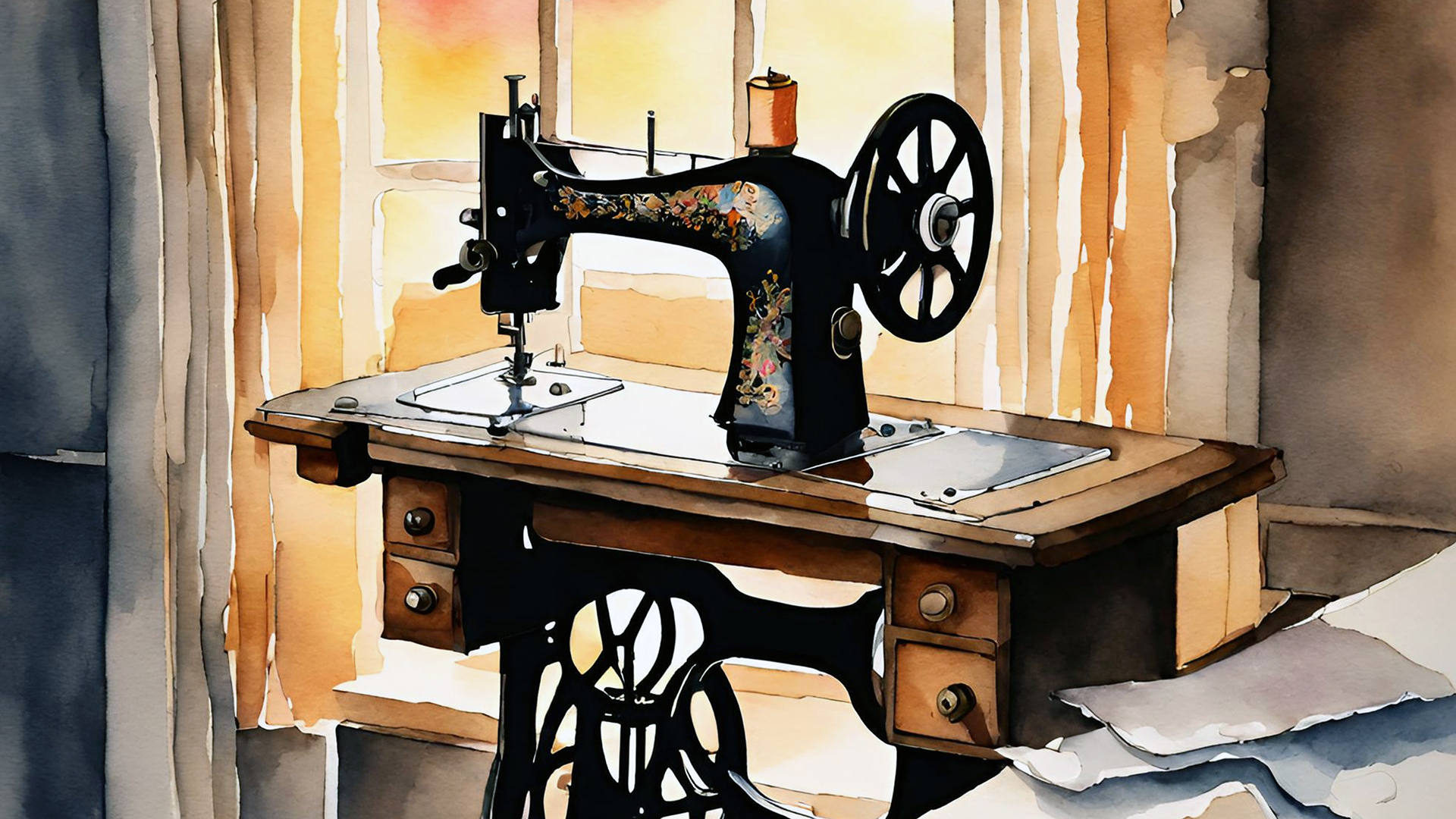
Literary journals are where poetry is usually published in the United States. As you probably know, we at Salvation South are wildly in love with literature—but we’re not a literary journal. We are a general magazine that is informed and influenced by journalism, history, literature, music, religion, and we include stories with all those elements, which I guess makes us a cultural magazine.
Poetry has quickly earned a steady place in our magazine and maybe that’s the place it should have in our culture. I might argue that’s the place it has for the South—not relegated to a separate section where only academics and other poets tread, but where anybody and everybody might pass by, read a poem, and recognize something of themselves, or feel startled into listening to someone else.
Good poetry can confront the worst and still come out the other side with real hope. It can break toxic silences, it can cut through the noise, and it can answer the chaos with calm and clarity. We need every bit of that we can get these days, and you can get a whole lot of it right here every week and all April.
NOTE: I dedicate this essay to the memory of my friend Reuben Jackson (born in Augusta, Georgia), a beloved poet, jazz archivist, radio host, teacher, and soul, who passed on February 16. His life was—and still is, for so many of us from DC, Vermont, Georgia, South Carolina, and elsewhere—a beautiful education.
A special thank you to Hillary Joubert (from Louisiana), another excellent poet who has been pivotal in helping me think about poetry submissions the last several months.
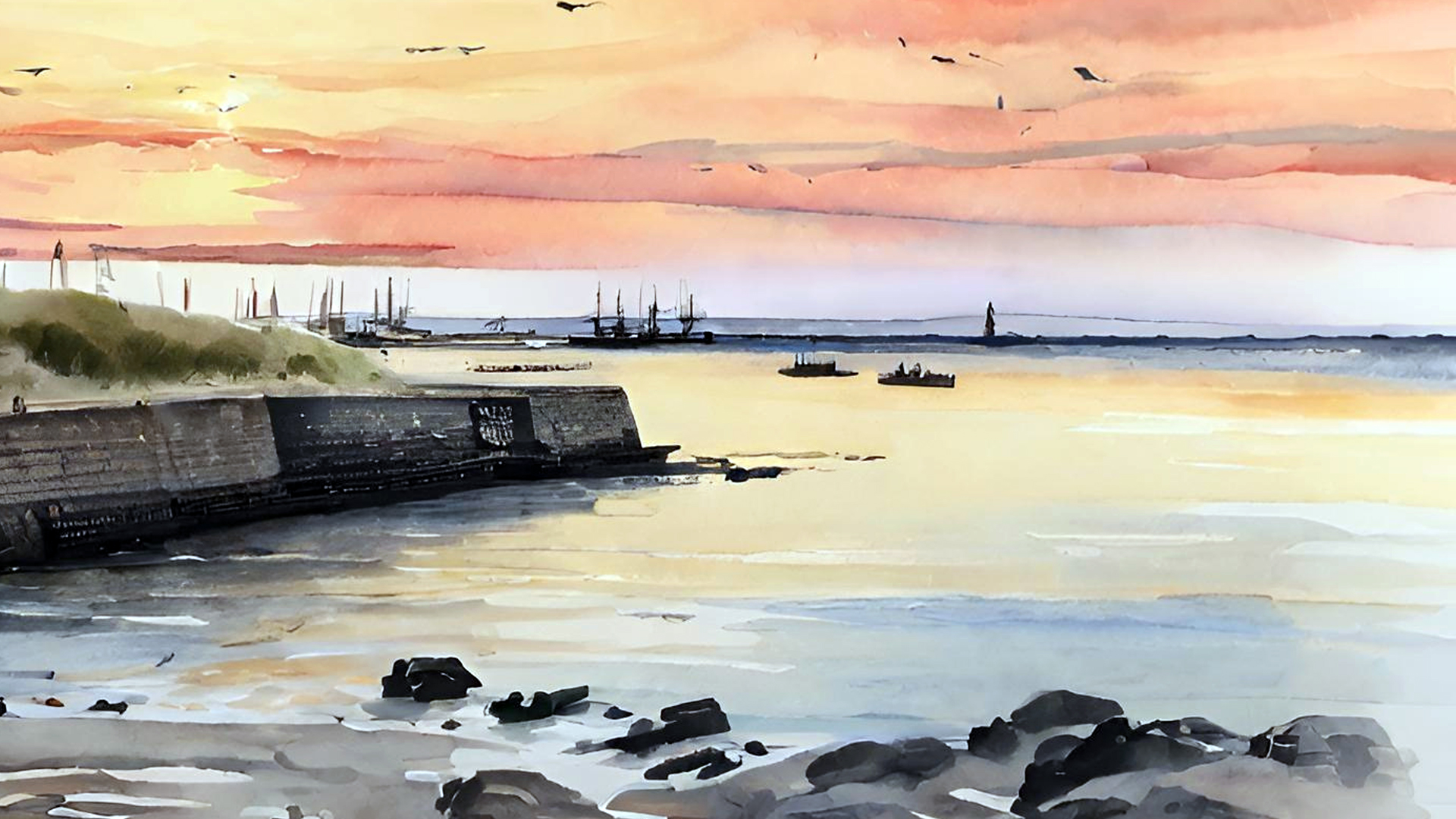
About the author
Andy Fogle is the poetry editor of Salvation South. He is the author of Mother Countries (forthcoming from Main Street Rag), Across From Now, and seven chapbooks of poetry, including Arc & Seam: Poems of Farouk Goweda, co-translated with Walid Abdallah. He’s from Virginia Beach, spent years in the D.C. area, and now lives with his family in upstate New York, teaching high school.

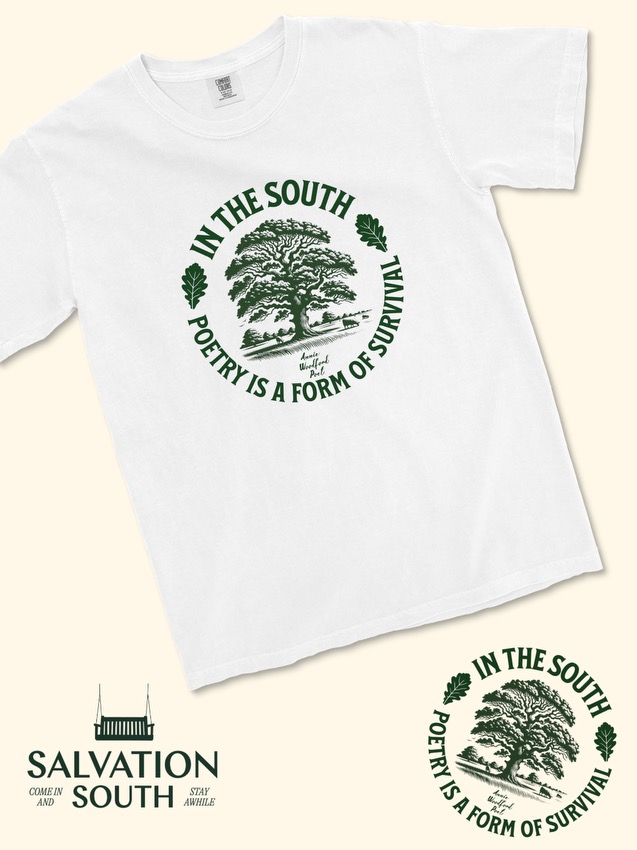
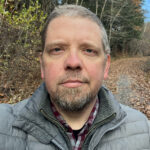




Yes a choir. Learning to sing together.
Add this …sometimes discordant. Sometimes sharp. We are a choir rehearsing a song we are inventing. Chasing the flats from ourselves.